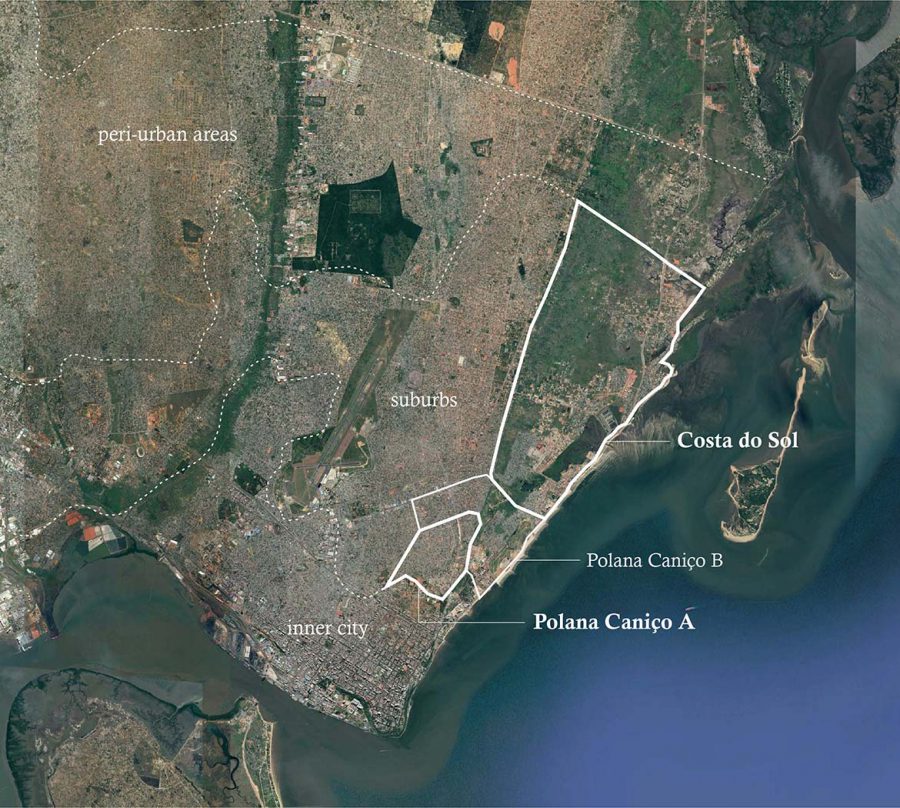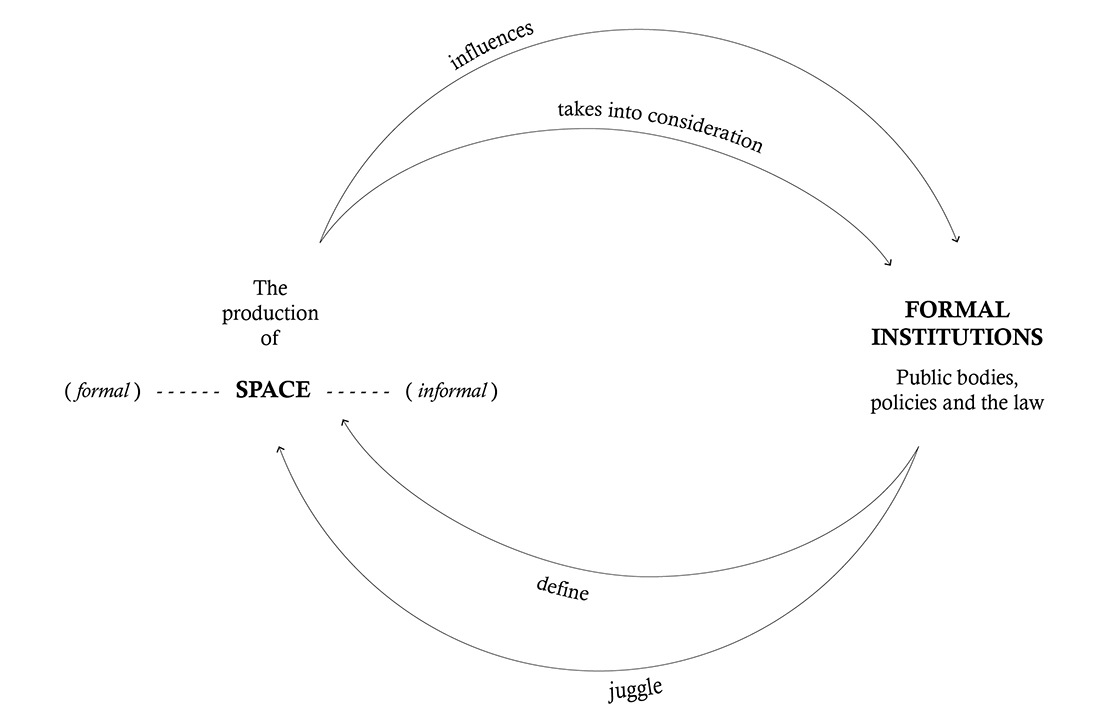Inverse Planning in the Cracks of Formal Land Use Regulation
This paper focuses on a case of ‘non-public planning’ in an informal neighbourhood of Maputo, Mozambique. Here, several residents undertook some planning duties (e.g. drawing up a detailed plan) in order to regularise their informal dwellings in lieu of the Municipality, due to its inertia. This was an attempt to …


